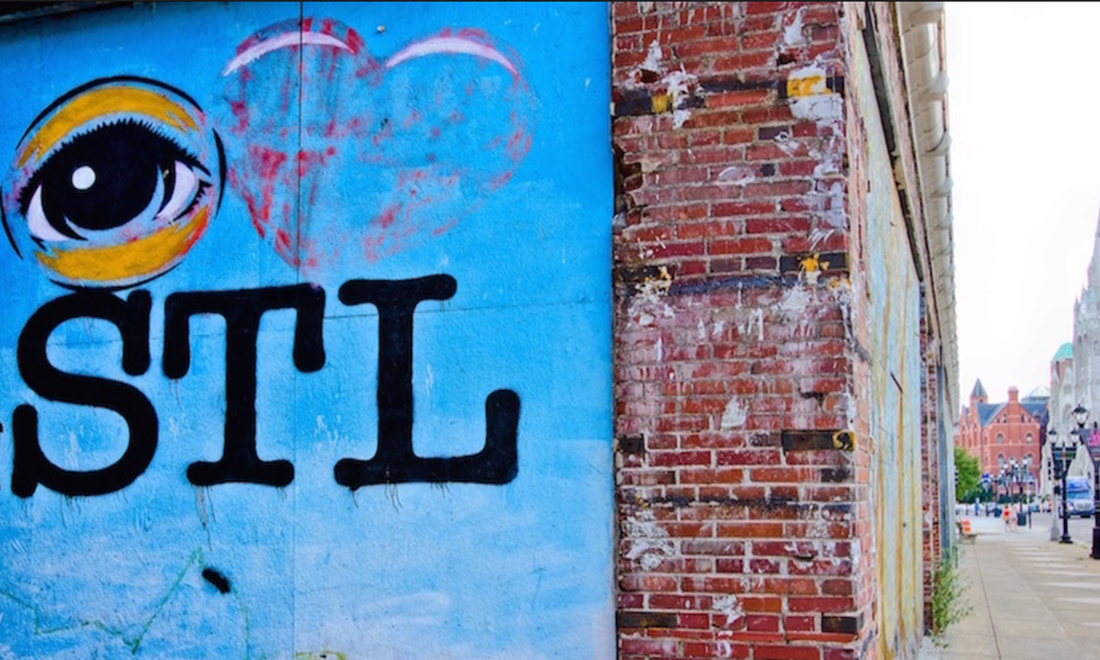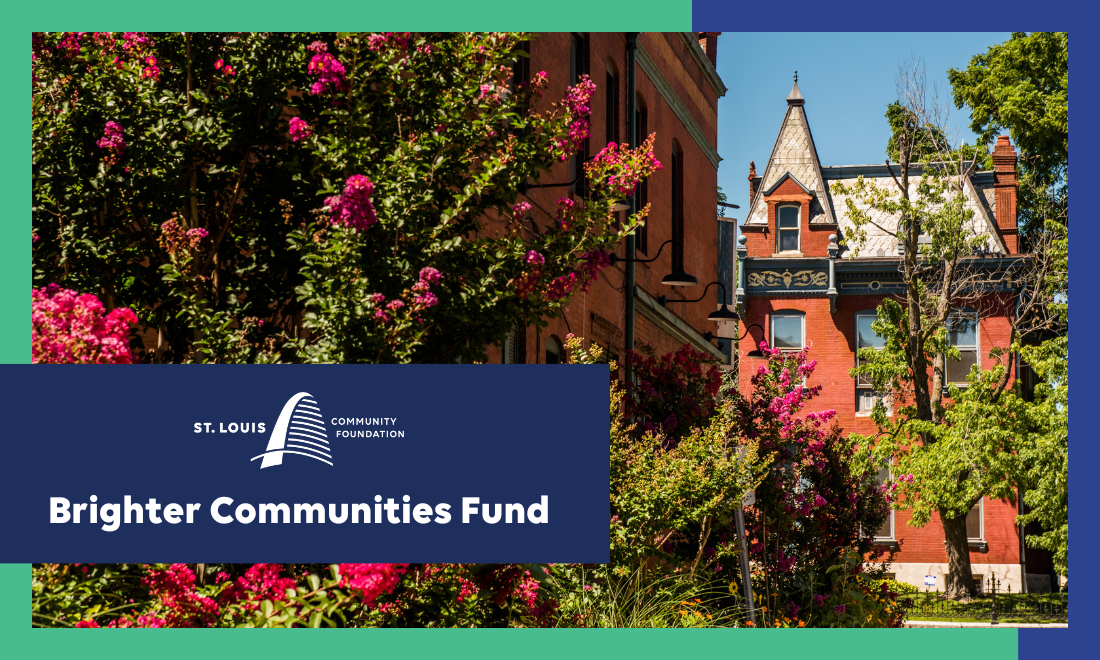Invest STL Announces Neighborhoods Selected for Funding
Cornerstone Corporation and Dutchtown South Community Corporation are first to receive investments
Invest STL, sponsored by the St. Louis Community Foundation as a new collaborative strategy to leverage investments for strengthening our region’s neighborhoods, has selected two organizations to receive technical and financial support.
“After an extensive proposal and review process, Invest STL is pleased to announce the first neighborhoods for Invest STL’s attention and investment,” said Amelia Bond, President and CEO of the St. Louis Community Foundation. “We applaud these organizations for their strong proposals and their commitment to work with residents and stakeholders to improve the neighborhoods they serve.”
Dutchtown South Community Corporation (DSCC), which just celebrated its 45th anniversary, will focus its efforts in three neighborhoods located in south St. Louis: Benton Park West, Gravois Park and the northeast section of Dutchtown. This diverse community of more than 16,000 residents is the most densely populated area in the city of St. Louis and includes the bustling Cherokee Business District. During the past year, DSCC has led an extensive community engagement process as part of a privately funded effort to develop a community plan embraced by residents and stakeholders. This plan has been submitted to the City of St. Louis’ Planning Commission for final review and approval. DSCC will partner with DeSales Community Development, Tower Grove Neighborhoods CDC, and the Lutheran Development Group to support its effort to fulfill the community’s vision for accessible, sustainable, inclusive neighborhoods where families and individuals thrive in a diverse and historically rich, engaged community.
Cornerstone Corporation (Cornerstone), an historically faith-based non-profit founded in 1976, will serve as the anchor organization to unite the efforts of several neighborhood groups to develop and implement a comprehensive neighborhood improvement strategy for the West End and Visitation Park neighborhoods located north of Delmar, south of Page and extending westward from Union to the western boundary of the City of St. Louis.
This area includes a Metrolink stop, the Loop Trolley and the East Loop along Delmar Ave which has attracted considerable investment during recent years. Cornerstone will work with residents and stakeholders to develop a plan that will include improving the existing housing stock the vacant lots in the neighborhood and serving the needs of the 6,500 residents of this area.
“Both Dutchtown and Cornerstone are currently working on specific work plans to be submitted for review,” explained Hank Webber, Chair of the Board of Directors for Invest STL and Executive Vice Chancellor for Administration, Washington University. “Funding is expected to be awarded this summer, and we are eager for these efforts to be launched. We look forward to engaging additional partners to help transform languishing areas into vibrant neighborhoods.”
Invest STL is supported by foundations, financial institutions and individuals from around the region. Thirteen local banks and four foundations have come together to provide initial funding for Invest STL. Several partners are working with St. Louis Community Foundation to implement the Invest STL initiative. Rise, a local non-profit with a 20-year track record in community development, is providing technical support for program development and the organizations to be funded. Washington University, St. Louis University and University of Missouri – St. Louis have provided staff and resources and the Metropolitan St. Louis Community Reinvestment Association (MSLCRA) has been a partner throughout the development and now implementation of Invest STL.
About Invest STL
Invest STL was created to identify, prioritize, and invest in community development strategies in order to improve low and moderate income neighborhoods in the St. Louis region. In recent years, our region has seen a dramatic decline in the federal and local governmental funding available for community development. While several neighborhoods have rebounded in recent decades, we must accelerate and expand our efforts to many more of the region’s neighborhoods that have continued to decline. Improving neighborhoods must become a regional priority. St. Louis will become a stronger region and increase its prospects for economic and population growth by providing the opportunity for all residents in the region to live in safe places with good housing and the services needed to succeed.



